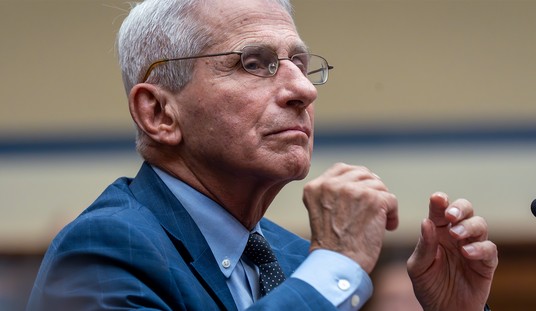Lately, the news has been dominated by several topics of immediate importance to the U.S. and the world around us. In the Middle East, and sense of stability has come crumbling down and has given way to potential dominance by Iran and Russia. Our allies in Israel feel even less safe with the Obama administration constantly calling on them to be nicer to the poor people who keep shouting for Israel to be destroyed. Here at home, violent acts perpetrated by young gunmen and abuses of power by law enforcement have given way to domestic policies that focus on the here and now. People seek immediate solutions to problems that have existed for far longer than the news cycles they dominate.
With the state of the U.S. being what it is, long term policies that center around American culture would be a vital investment of time for politicians on both sides of the aisle. The issues that dominate the news cycles are not ones that exist in a vacuum, but have been brewing for a while (for some, multiple generations). Sociologically speaking, there are four main groups that provide you with the majority of your cultural identity: Family, Church, School, and Community.
The family is the first social unit you belong to. Before you interact with any other human beings, you have a family that you learn the basics of culture from. Social cues and interaction, speech, and emotional response all come primarily from the family unit. Following that is typically church, which often reinforces the moral structures established within the family. School and community, however, are where the social structure of society is changed from personal, intimate interactions to vastly more public and formal interactions. Within the community is the sense of cultural identity that allows us to be part of a bigger group, and therefore is the biggest initial social group you belong to.
School, however, is a smaller but much more important source of social interaction because it not only builds social and cultural identity, but an intellectual identity as well. In terms of long-ranging policy that would seek to end some of the more immediate struggles of the day, it is vital for us to look at ways to improve that social environment and encourage more social and intellectual output from our schools.
This is why the need for education reform is so vital in the modern era. We have, from my generation on down, seen a culture that encourages faux intellectualism in the form of cult science (the worship of anything said by Neil deGrasse Tyson, for example) and the rejection of ideas that they simply don’t believe is correct. Our schools have largely become homogenized in terms of political lean (which they should not have) and tolerance (which they do not have). This is not necessarily reason enough to change how we do education in our country, but it is cause enough for us to seriously look at the idea of reform.
Because of these two issues in education, it’s simply not enough for us to ask the federal government to mandate early childhood education and pay for two years of college. You are simply putting kids through the same systems, but for longer periods of time and getting the same results. Rather, by diversifying the range of schools children can attend, forcing government schools to have competition for their funding, and leaving curricular control to the state and local level, you are allowing the culture to naturally change into something other than what it has become.
The same failing schools produce the same students at a nearly constant rate. Making kids go through more school in the same schools won’t help. Politicians who are not ready to face that truth will lack the vision of the cultural change they desire. It is past time for something new, something different, and something competitive to raise the educational, and therefore cultural, output of our education system.













Join the conversation as a VIP Member